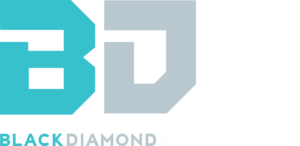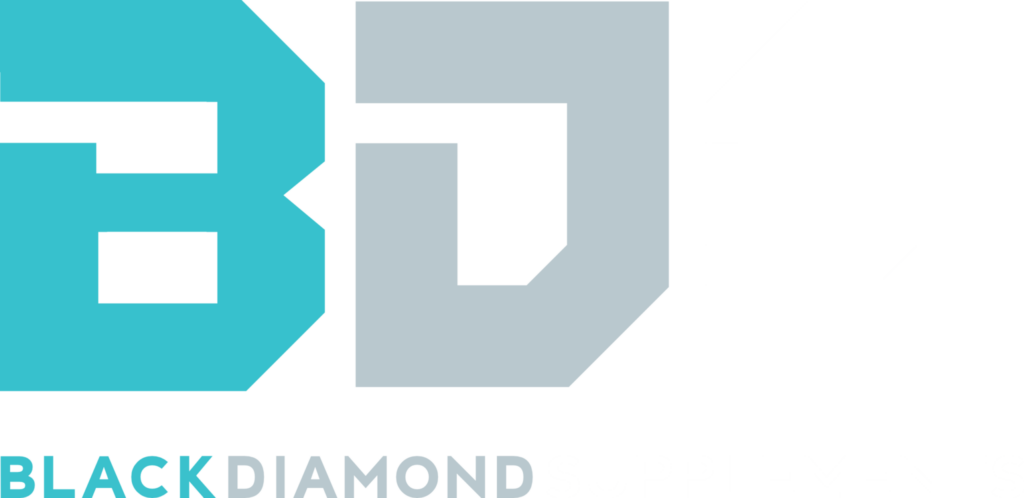Backstory
Creatine is such a widely recognized supplement, the PR is through the roof with this one. It’s something that almost everyone has heard of, and it has a significant amount of research behind it.
With how much research has been done, and with so many studies that continue to be updated, people are still believing a lot of the “Bro Science” they hear, and they’re still relying on information that is completely misleading or false.
In an effort to educate our readers and loyal customers, and help them understand true from false, we’ve provided you with some common myths you might often come across, as well as an analysis of the Creatine supplement and exactly how it works.
Myth:
Creatine causes kidney failure:
This one is a little out there, but it can maybe make sense if you decide not to pay attention to the bigger picture.
This was a myth that began to circulate when people learned that Creatine gets metabolized into creatinine. The increase in creatinine levels would probably concern some doctors because higher levels of it is usually a sign of kidney damage or kidney disease.
As it turns out, although there is an increase of the metabolite levels, it is most often not enough to actually prove that the kidneys are in distress. Now, if you already have renal disease or poor kidney function, ask your doctor before taking Creatine since studies on rats have found an increase in renal disease progression.
Myth:
You have to load and cycle it.
Bottom line, you don’t have to do either. When taking Creatine supplements, your goal is to saturate the muscles, but they can only store so much. This is a genetic variance and can change slightly by the size of the muscles. Depending on the brand, the loading stage is between 10-25 grams a day for a week then you maintain it with 5 grams for a month, lastly, you finish the cycle by taking a week or two off.
You can see some benefits with a loading cycle such as a slight increase in size (via water retention), and some acute strength gains, but since muscle saturation will happen eventually, it is not necessary to load.
If you do decide to load Creatine, just be aware that you may experience some stomach discomfort and may be making a few trips to the restroom. As for cycling, you probably shouldn’t since you will lose muscle saturation and having to start over will slow results.
Myth:
“Creatine Rage”
Some people report feeling irritable, having short temper and experience a watered down roid rage when taking Creatine. Creatine itself is non-hormonal, so it is not going to affect someone’s mood and make them go crazy. The only reasons someone may experience this could be the increase in testosterone from the increase in muscle, or they’re younger and taking too much.
So, who should be taking creatine?
Pretty much everyone.
The only people that won’t see physical benefits of creatine are endurance athletes, but recently there has been studies using Creatine as a nootropic, which means it’s supposed to help cognitive function. This means that even people who don’t exercise regularly can potentially benefit from it.
To start, the body has 3 different ways of producing energy and the important one for Creatine supplementation is the Creatine phosphate system. This system is for quick, explosive movements that solely require ATP (energy). For a few seconds, the body will use Creatine phosphate (Creatine stored in muscle) to create more ATP. So, when you’re supplementing with Creatine and your muscles are saturated, you are able to make more energy in your muscles. This should help you get those extra couple reps of the set or achieve higher 1 rep maxes.
There are many types of creatine out there, but the most commonly tested is monohydrate. While some others say there are benefits that regular monohydrate do not have, they may not have as many trials done to really prove their efficacy. That being said, a lot of people and companies swear by Creatine HCL, and Creatine Nitrate for their possible benefits of no bloating and needing less to meet the saturation point.
As with any supplement you think about taking, it is best to do your research before starting to take them. We hope this can help clear up some misinformation around whether or not you can benefit from Creatine. Since Creatine doesn’t affect hormones, or have any permanent effects, it is more than encouraged to give it a shot, then if you don’t like it, it is completely safe to stop using.
You can find the lowest prices on the best Creatine here at Black Diamond Supplements. Shop Now!






